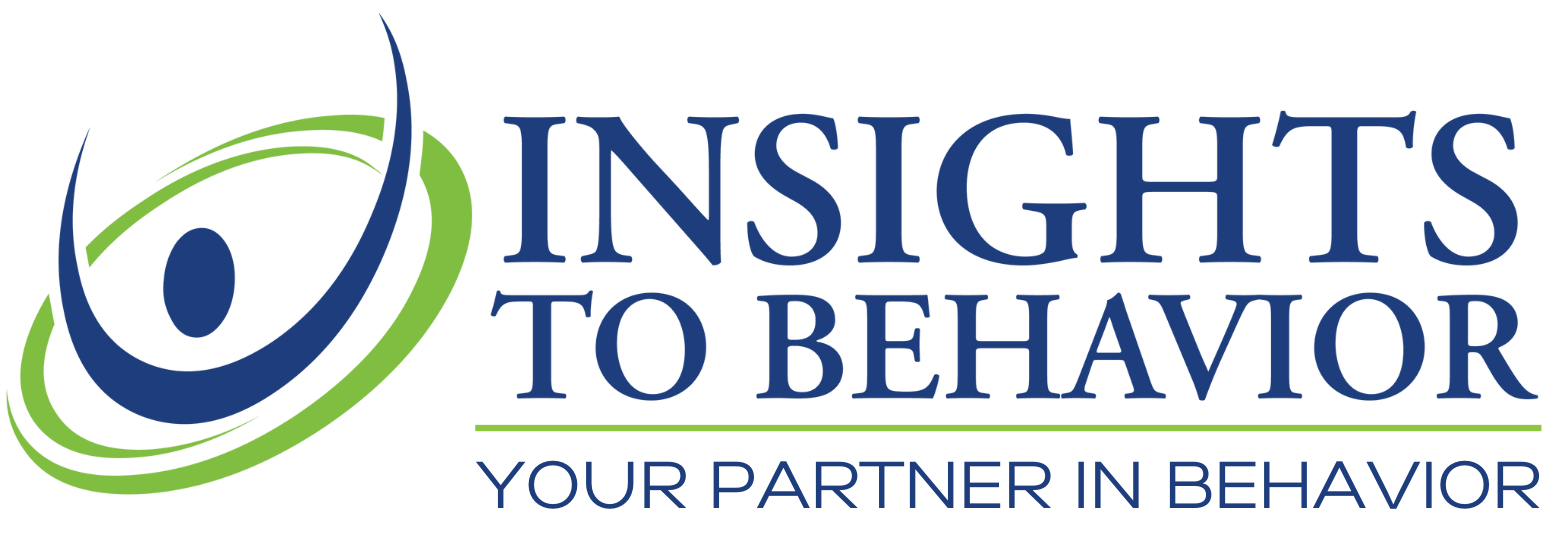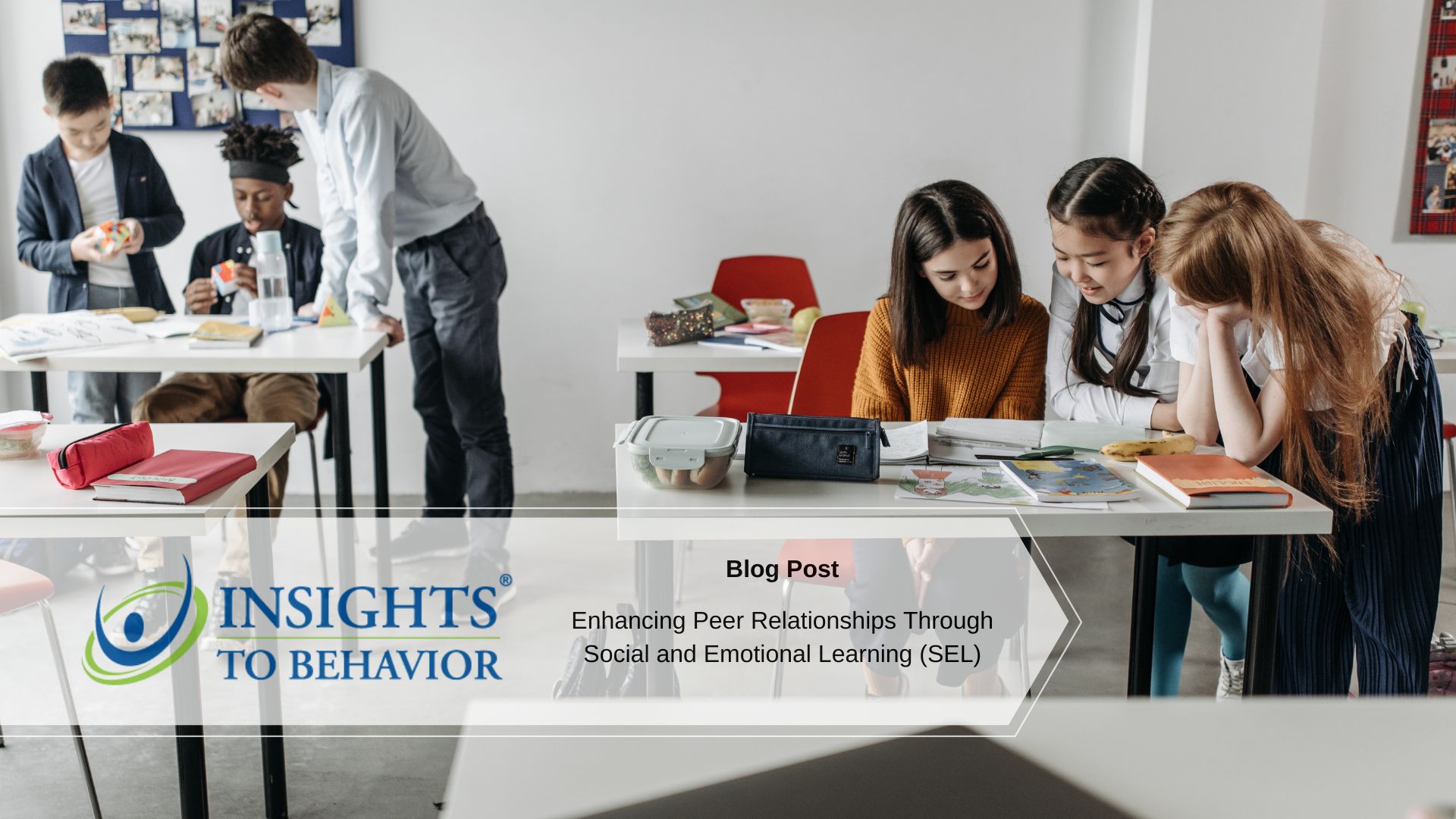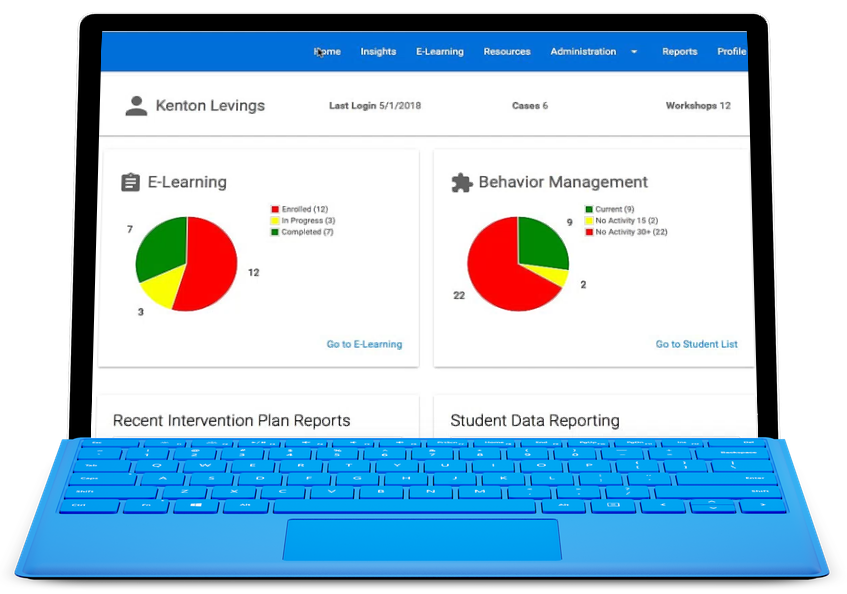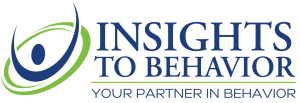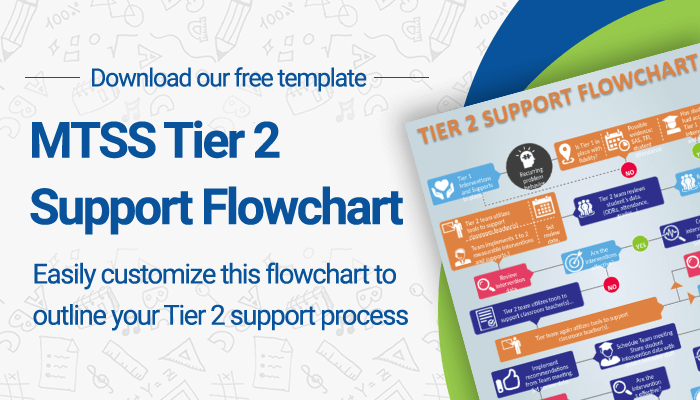In the dynamic landscape of education, the emphasis on students’ academic performance has always been paramount. However, the recognition of Social and Emotional Learning (SEL) as a critical component of students’ overall development has gained substantial momentum. SEL not only supports academic success but also plays a pivotal role in fostering healthy peer relationships, which are essential for a student’s social and emotional well-being. This article delves into how SEL programs can significantly enhance students’ abilities to form and maintain positive relationships with their peers, thereby contributing to their holistic development.
The Foundation of SEL in Building Relationship Skills
SEL encompasses five core competencies: self-awareness, self-management, social awareness, relationship skills, and responsible decision-making. These competencies equip students with the necessary tools to navigate the complexities of interpersonal dynamics effectively. By fostering empathy, communication, and conflict resolution skills, SEL programs lay the groundwork for students to build and sustain healthy peer relationships. Moreover, SEL’s emphasis on social awareness encourages students to appreciate diverse perspectives, creating a more inclusive and supportive peer environment.
The Multifaceted Benefits of Healthy Peer Relationships
The advantages of nurturing positive peer relationships through SEL are profound. Research has consistently shown a correlation between positive peer interactions and improved academic outcomes. Students who feel supported by their peers are more engaged and motivated, leading to higher academic achievement. Additionally, healthy peer relationships contribute significantly to students’ emotional well-being, providing a sense of belonging and reducing feelings of isolation. SEL-driven initiatives also play a crucial role in mitigating bullying and exclusion by promoting a culture of empathy and understanding among students.
Integrating SEL into the Classroom: Strategies for Success
Creating an inclusive classroom culture where every student feels valued is fundamental to the success of SEL programs. Teachers can implement community-building activities, such as group discussions and collaborative projects, to foster a sense of belonging among students. Incorporating specific SEL activities that target relationship skills, like role-playing scenarios and peer mediation exercises, further supports students in developing the competencies needed for healthy peer interactions. Additionally, encouraging students to engage in reflective practices helps them understand and manage their emotions and behaviors in the context of their relationships.
Overcoming Challenges in Enhancing Peer Relationships through SEL
Despite the clear benefits, integrating SEL to improve peer relationships presents challenges. Ensuring that SEL programs are culturally responsive and inclusive of all students’ experiences is paramount. Educators must be equipped to navigate conflicts and misunderstandings that arise, using SEL principles to guide conflict resolution efforts. Addressing these challenges requires a commitment to continuous learning and adaptation of SEL strategies to meet the evolving needs of the student body.
Real-World Success Stories
Several schools and programs across the country have successfully implemented SEL to bolster peer relationships. For example, a middle school in California introduced an SEL curriculum focused on empathy and communication, resulting in a marked decrease in bullying incidents and an improvement in student cooperation and classroom harmony. These case studies not only highlight the effectiveness of SEL in enhancing peer relationships but also provide valuable insights for other educational institutions looking to implement similar programs.
Empowering Educators and Students with SEL Resources
To support the integration of SEL in schools, a wealth of resources is available. Curricula such as the Collaborative for Academic, Social, and Emotional Learning (CASEL) provide comprehensive guides for implementing SEL across grade levels. Additionally, digital tools and platforms offer interactive and engaging ways for students to develop SEL competencies. These resources are instrumental in equipping educators with the knowledge and tools to foster a supportive learning environment that promotes healthy peer relationships.
The Transformative Power of SEL
The integration of Social and Emotional Learning into educational curricula represents a transformative shift toward recognizing the importance of holistic student development. By emphasizing SEL, educators can equip students with the skills necessary to form and maintain healthy peer relationships, laying the foundation for their academic success and emotional well-being. As we look to the future, educators, parents, and policymakers must continue to champion SEL as a vital component of education, ensuring that all students have the opportunity to thrive both in and out of the classroom.
Further Exploration
For those interested in deepening their understanding of SEL and its impact on peer relationships, numerous books, research studies, and professional development opportunities are available. Engaging with these resources can provide educators with the insights and strategies needed to effectively implement SEL in their schools, creating an educational environment where every student can succeed.
By prioritizing Social and Emotional Learning, we not only enhance academic achievement but also foster a generation of empathetic, emotionally intelligent individuals capable of building positive, lasting relationships. The journey toward integrating SEL into our educational systems is ongoing, but the potential benefits for students’ development and society at large are immeasurable.
Are you looking for more help with K-12 behavior intervention? At Insights to Behavior, we offer more than 60 hours of behavior management training workshops. What you learn can change your classroom.
Looking for more tips? Sign up for our free monthly managing student behavior series today. Change the way your classroom operates for the better.
